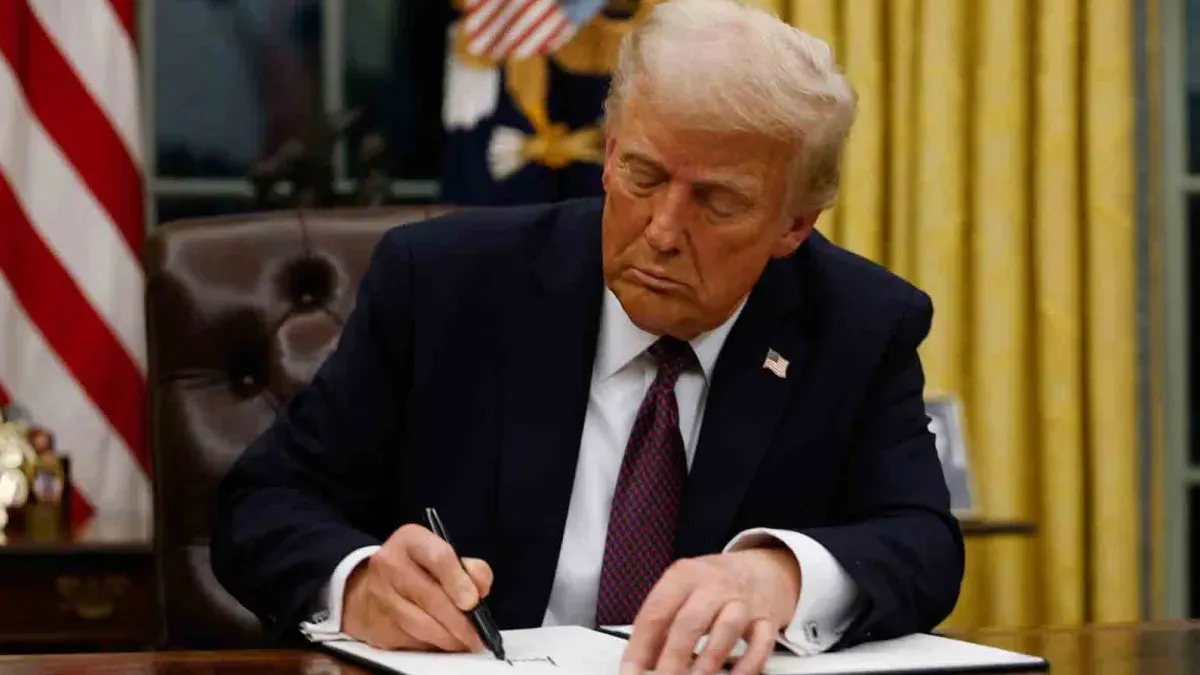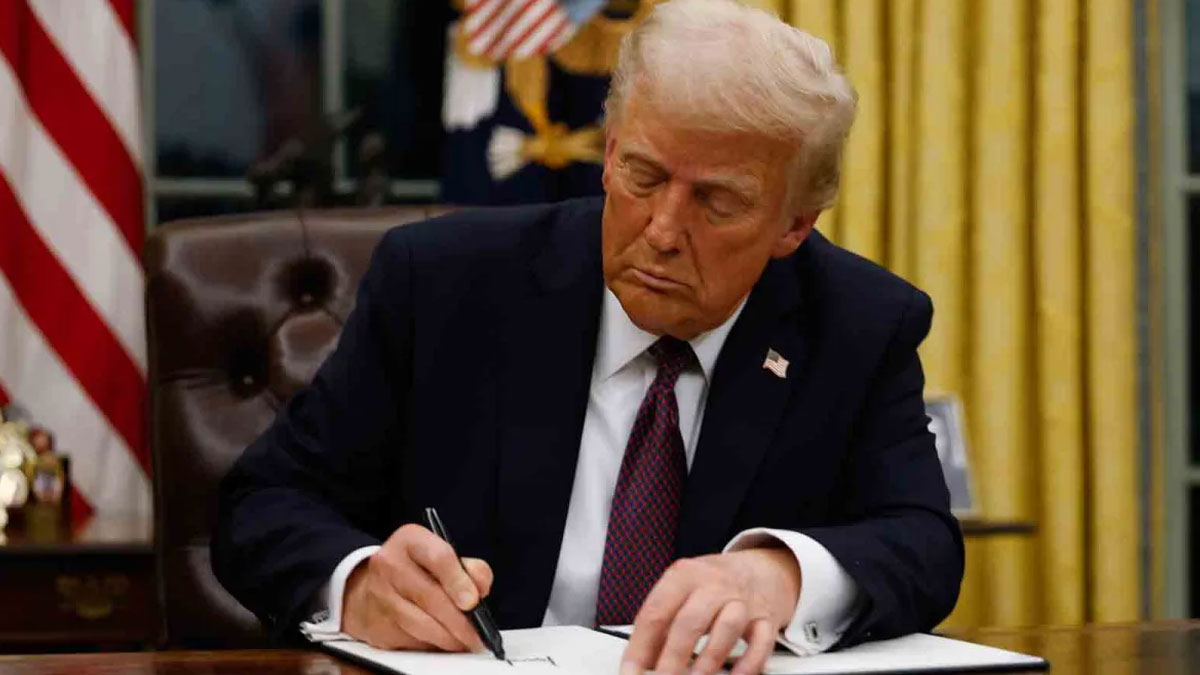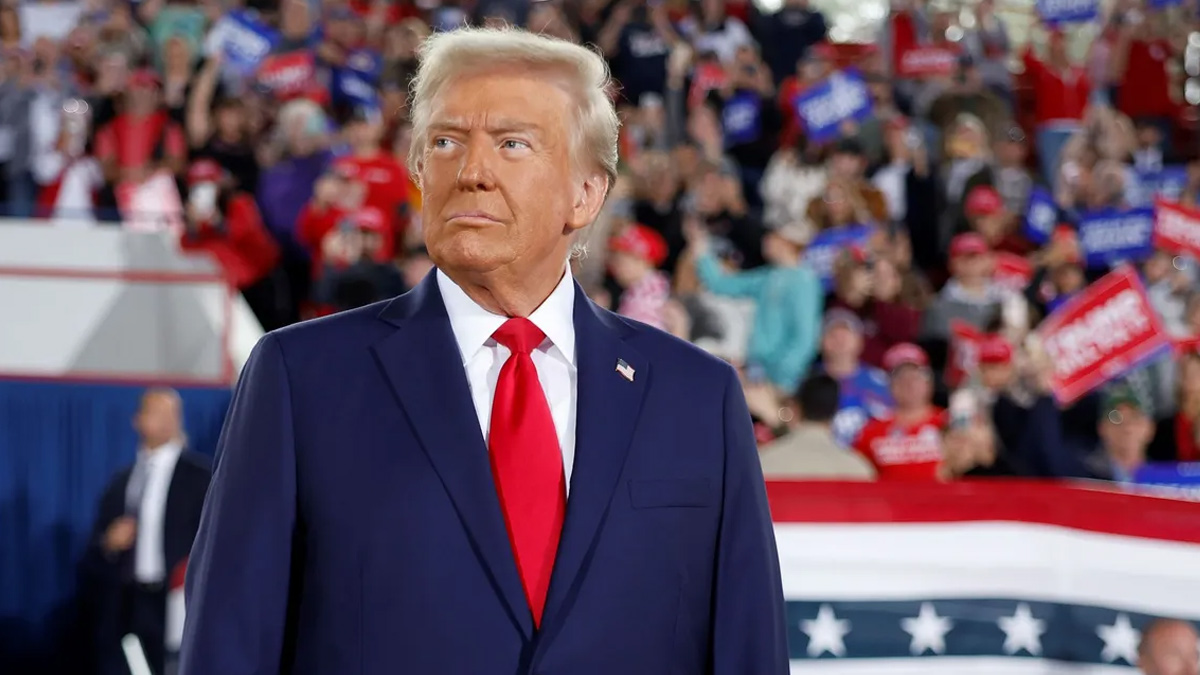
The decision by former President Donald Trump to withdraw the United States from the World Health Organization (WHO) has sparked a global debate about its potential consequences for public health. This controversial move, announced on the first day of Trump’s second term, reverses Biden-era policies and raises questions about the role of the U.S. in combating global health crises.
Table of Content:-
The Withdrawal Announcement
On January 20, President Trump signed an executive order initiating the U.S.’s exit from the WHO, citing dissatisfaction with the organization’s response to the COVID-19 pandemic and perceived political biases. Trump described the WHO’s handling of global health crises as inadequate and criticized the disproportionate financial contributions made by the U.S. compared to other nations, particularly China.
Despite these claims, health experts argue that the WHO plays a pivotal role in coordinating global responses to pandemics, developing treatment protocols, and ensuring equitable vaccine distribution. Dr. Monica Gandhi, a professor at the University of California, San Francisco, emphasized that blaming the WHO for COVID-19 mismanagement ignores the political dynamics within individual countries.

Why WHO Matters
The WHO is a cornerstone of global public health efforts. It provides critical support for initiatives such as childhood immunizations, HIV treatment, tuberculosis prevention, and emergency responses to outbreaks. As the largest contributor to the WHO’s budget, the U.S. plays a significant role in funding these efforts.
Dr. William Schaffner, an expert in infectious diseases at Vanderbilt University, highlighted the potential fallout of the U.S. withdrawal: “Viruses know no borders. The WHO’s work helps protect not only developing nations but also the domestic population by fostering international cooperation.”
Also Read: CDC Raises Alarm: Nine H5N1 Bird Flu Mutations Pose Pandemic Threat To Humans
By severing ties with the WHO, the U.S. risks isolating itself from critical global health networks. This could hinder the country’s ability to access timely information about emerging diseases and reduce its influence in shaping international health policies.
Impact on Developing Countries
The loss of U.S. funding could be particularly devastating for developing nations that rely on the WHO for essential health services. These countries often face significant challenges in combating diseases like malaria, tuberculosis, and HIV/AIDS. Without adequate funding, progress in these areas could stall, potentially leading to a resurgence of preventable illnesses.

Experts also warn that the vacuum created by the U.S. withdrawal could be filled by other nations, such as China. Dr. Ashish Jha, former White House COVID-19 response coordinator, described this as a “strategic error,” cautioning that diminished U.S. influence in the WHO could shift global health priorities in ways that may not align with American interests.
Lessons from Past Pandemics
The COVID-19 pandemic and more recent outbreaks, such as Mpox, underscore the importance of international collaboration. The WHO’s ability to coordinate responses and share information has been instrumental in mitigating the impact of these crises.
Also Read: Harvard Study Reveals Slim People At Higher Risk For Deadly Heart Attacks – Here’s Why
Dr. Schaffner pointed out that the U.S. benefited from the WHO’s efforts during these pandemics. “Knowing what’s happening globally helps protect us locally,” he said, emphasizing the interconnected nature of public health.
Congressional Approval and Public Reaction
The executive order to withdraw from the WHO is not final and requires congressional approval to take effect. Lawmakers from both parties have voiced concerns about the decision. Critics argue that this move undermines global health security and could leave the U.S. vulnerable to future pandemics.
Public health experts and political leaders have urged the administration to reconsider. Lawrence Gostin, a public health law professor, described the withdrawal as a “cataclysmic decision” with far-reaching implications for both global health and U.S. interests.
Bottomline
The decision to withdraw from the WHO comes at a time when global health challenges are becoming increasingly complex. From emerging infectious diseases to climate-related health risks, the need for coordinated international action has never been greater.
While the Trump administration frames this move as a push for reform, critics argue that it jeopardizes the very foundations of global health governance. As debates continue, the world watches closely to see how this decision will unfold and what it will mean for the future of public health. In the words of Dr. Schaffner, “The world’s health is interconnected. When one country pulls back, we all feel the impact.”
Also watch this video
How we keep this article up to date:
We work with experts and keep a close eye on the latest in health and wellness. Whenever there is a new research or helpful information, we update our articles with accurate and useful advice.
Current Version